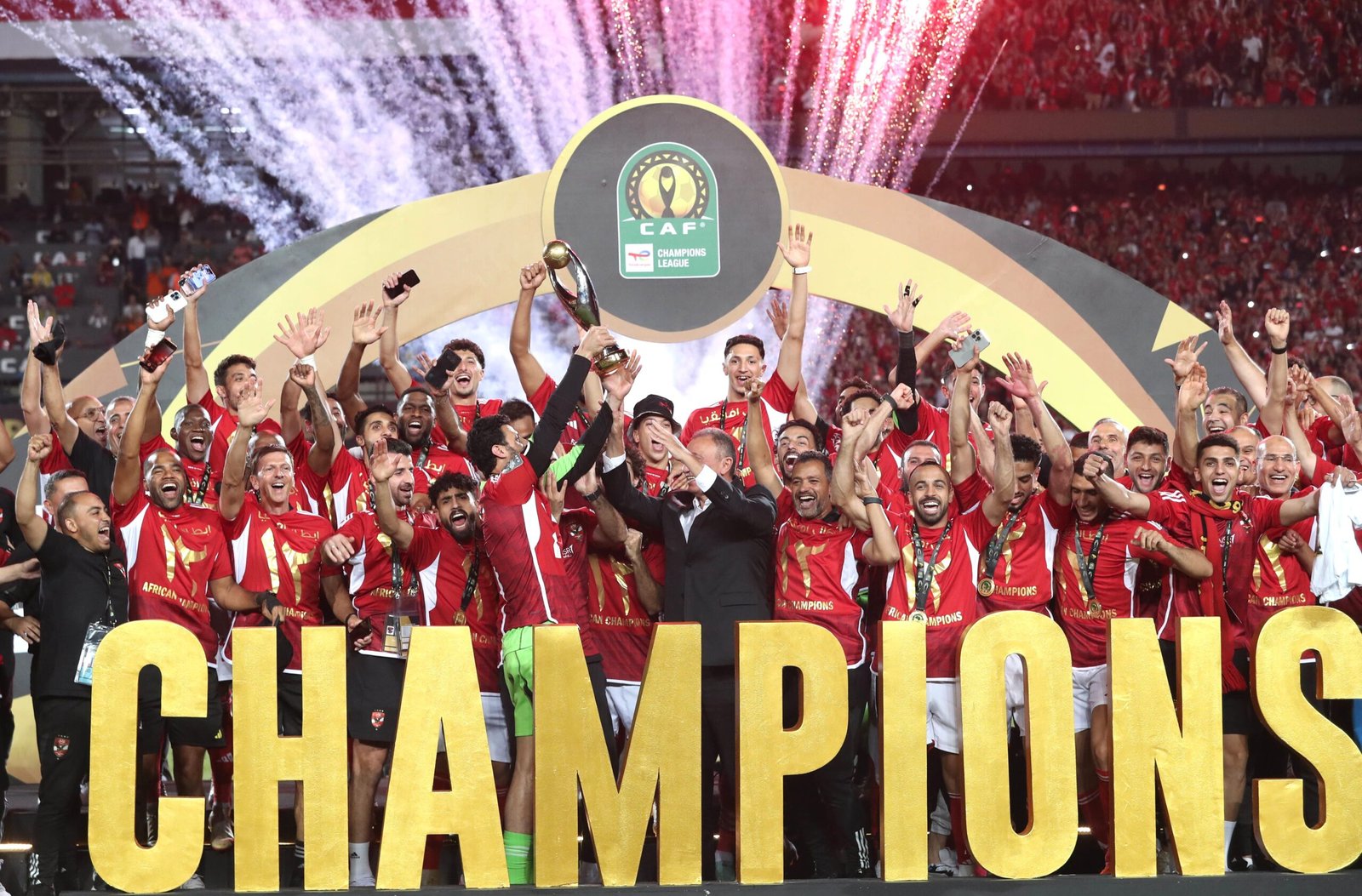During an office meeting in the heart of Nairobi, a 24 year old lady named Faith suddenly felt a touch of anxiety, labeled as “difficult” in a society where outspoken young women often face judgment.
Things had begun on a lighter note. Faith (not her real name, changed for her protection) had politely chucked at the dry humor from her bosses.
But when a senior colleague brought up an idea that, in her view, wasn’t practical, the mood shifted. Before she could raise her concern, the colleague spoke up.
“And Faith understands me!” he said. All eyes turned to her as he pressed: “You agree, don’t you?”
Though she strongly disagreed, Faith felt boxed in: “I didn’t want to seem moody or hard to work with.”
“I felt this quiet but heavy pressure to smile, to nod, to just go along,” she recalls.
At the time, she was two years into her first role at a highly competitive company and among the first women in her family’s generation to attend university, she had big goals.
“How do i go higher if I start challenging my colleagues at this early stage?” she wonders.
Faith knows she is up against what the Women in the Workplace 2025 report describes as “the broken rung” , a critical challenge on the career ladder where women’s representation sharply declines from entry level roles to leadership positions in places like India, Nigeria, and Kenya.






